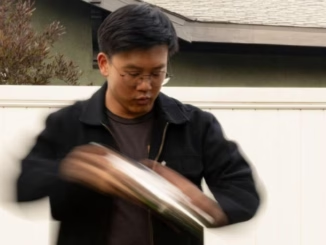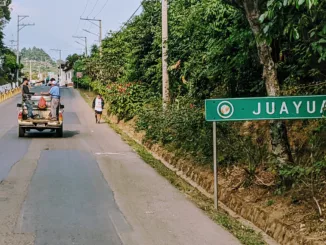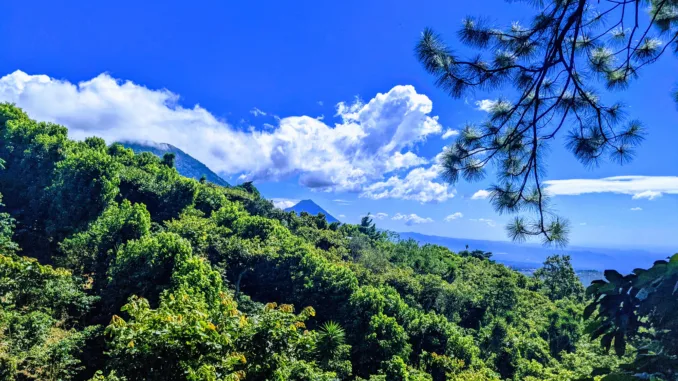
Linda Gonzalez of Café Juayúa shares her thoughts on El Salvador, her history, and what she wants people to know about her family’s coffee.
BY EMILY JOY MENESES
BARISTA MAGAZINE ONLINE
Cover photo courtesy of Linda Gonzalez
Today we continue our conversation with Linda Gonzalez of Los Angeles’ Café Juayúa, a coffee shop and roastery dedicated to highlighting coffee from her family’s farm in Juayúa, El Salvador. In part one, Linda shared her experience of first getting involved with her family’s coffee farms and challenges they faced as small growers. Today, she shares advice for coffee professionals in the diaspora and what she wants people to know about coffee growing in El Salvador.
Barista Magazine: I’ve seen a lot of coverage of climate change and how it’s affecting Salvadoran coffee production. What climate-related challenges have you seen coffee farmers in El Salvador facing, and what are some of the best ways you’ve found to address those difficulties?
Linda Gonzalez: We’ve been seeing that there’s rain when there usually wasn’t rain, and it usually comes during the time when we’re trying to dry the coffee cherries. And in the times when you would expect moderate rain, there’s now a lot of rain. So we try to keep the farms as biodiverse as possible.
We aren’t one of those farms that’s just growing coffee trees. Unfortunately, we see some of those (farms), where you see a slope and it’s just coffee trees—no large trees to provide coverage, no other varieties of plants. Our trees are shade-grown. I think keeping these things in mind helps to add diversity to the soil.
There’s also a lot of different waste that comes with coffee processing, so we try to bring it back to the farm as fertilizer, to really use that as much as possible. We understand that the climate is changing. We don’t want to contribute to it (even more); we want to work with it.
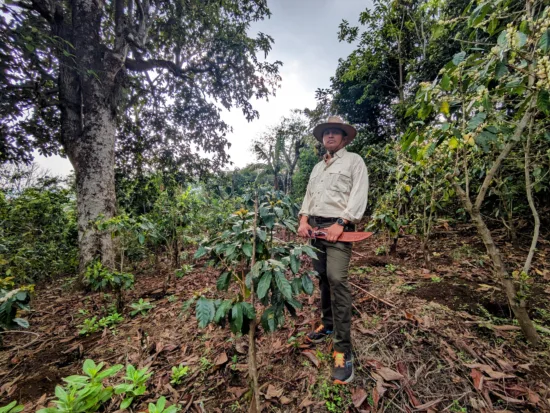
What advice do you have for people in the diaspora—people like myself—who have family back home in other countries growing crops, and want to be connected and involved but aren’t sure yet how?
I think we saw our ability to be here and there as this huge privilege. You know, I understand the culture and the language here—I can speak to roasters; I know what they’re looking for, what they want. But I can also go back to El Salvador and tell them, “This is what people are interested in; this is the quality they want.“
And likewise, I can go back (to L.A.) and share what’s going on on the farms—I can tell their stories. I think it’s just about really harvesting that connection and embracing both parts of yourself. You know, I’m not just from L.A., and I’m not just culturally from El Salvador. I’m all these things, and I’m able to combine it all and embrace that.
Because sometimes, I think we want to put ourselves in boxes, like “Oh, I can only enjoy this or be this,“ but there’s so much benefit to being both, to being able to move around in those two areas. And (I think people) should realize that whatever culture you bring and stories you share, people are interested. That’s what brings an authentic aspect to the coffee. And it’s so fascinating to share your story and for people to be like, “Wow, that resonates with me“ or, “I’m interested in that.“
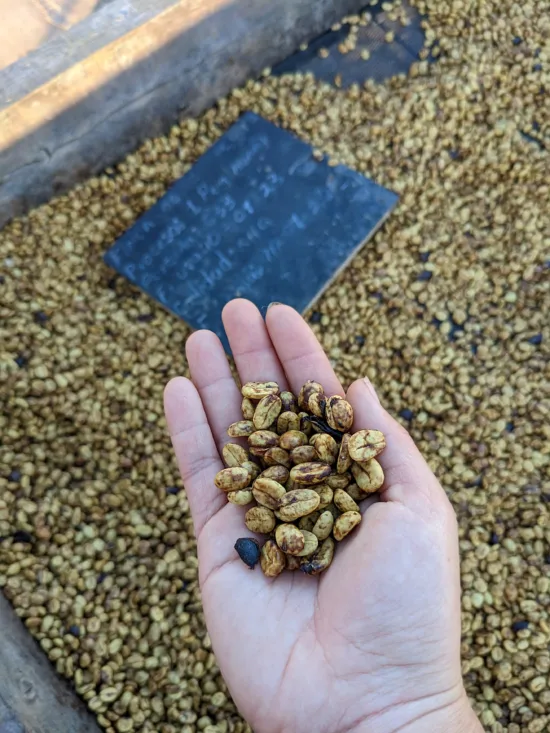
What’s something that you want more people to know about Salvadoran coffee, or El Salvador in general?
I want people to know that we really have specialty coffee—it’s delicious. It’s premium. And the culture in El Salvador is beautifully diverse, and there’s so much history—and as Café Juayúa, we’re so proud to bring that forward.
We sometimes think it’s funny that we’re called Café Juayúa, because, in my head, I’ve been saying Juayúa since I was a baby. But when we started to share the name with the other people, they were a little confused about it—so we became kind of these ambassadors of Juayúa, this town. And I love that people would come and visit and see it for themselves: see the people, see the farms … see we’re along the volcanic mountain ridge called Apaneca-Ilamatepec, how we’re cradled by it. And (I want people to see) how many hands are involved, how much work goes into producing coffee. You know, the people behind it, the history behind it—which is so rich and beautiful.
I think it’s definitely a transformative experience when you go down to the farm level and see how much it takes to get coffee out. So I want people to appreciate and have an open mind to learn about coffee—not only from El Salvador, but from around the world.
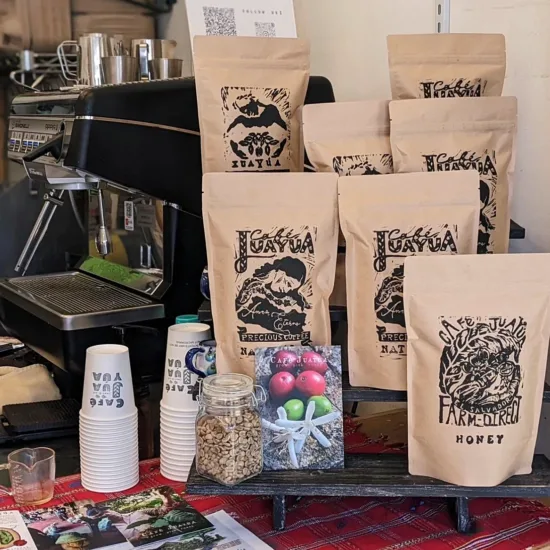
To Learn More
Today, you can find Linda and her loved ones sharing their family’s coffee at Café Juayúa, which is located at Cycle N Motion in El Sereno, Calif. You can also find their coffee and merch, which features Linda’s very own artwork, on Café Juayúa’s website.
ABOUT THE AUTHOR
Emily Joy Meneses (she/they) is a writer and musician based in Los Angeles. Her hobbies include foraging, cortados, vintage synths, and connecting with her Filipino roots through music, art, food, and beverage.
Subscribe and More!
Out now: It’s the August + September 2024 issue of Barista Magazine! Read it for free with our digital edition. And for more than three years’ worth of issues, visit our digital edition archives here.
You can order a hard copy of the magazine through our online store here, or start a subscription for one year or two.



